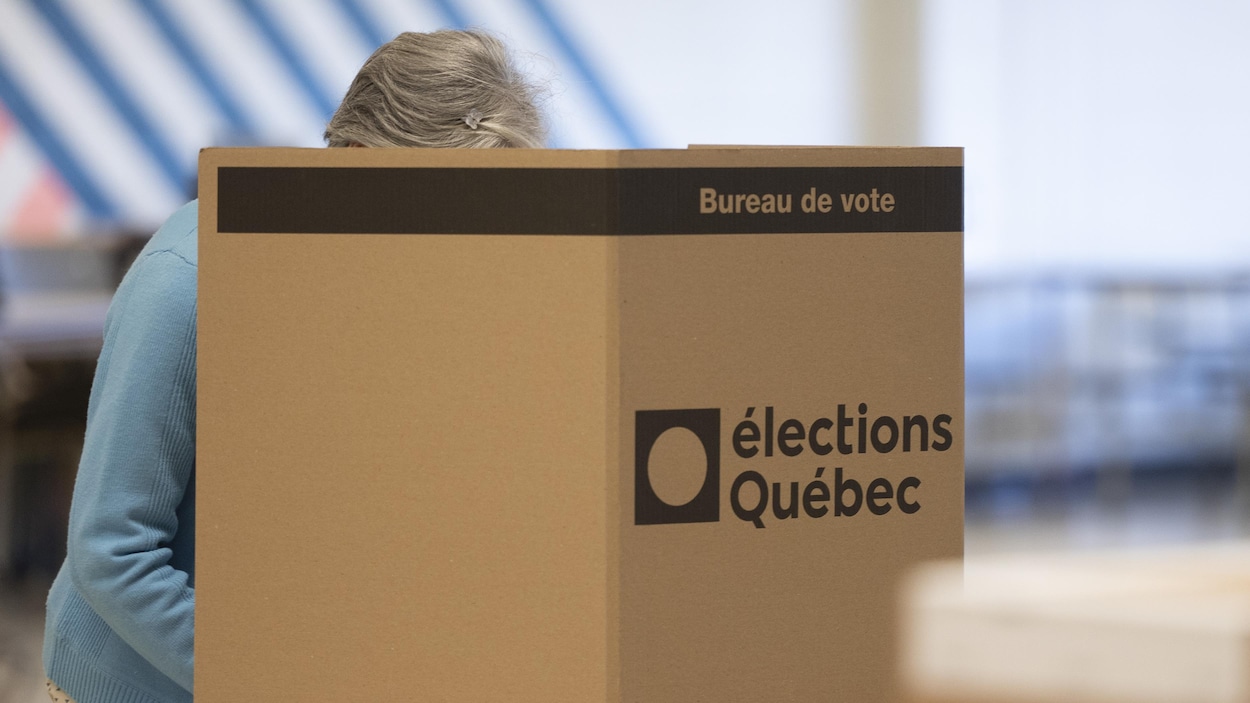The next overhaul of Quebec’s electoral map could impact Abitibi-Témiscamingue.
The electoral representation commission carries out this task every two elections. On October 3, this independent organization must propose a model in which constituencies are within 25% of the provincial average.
It is certain that there will be new allegations that we will have to make in order not to lose an MP or a territory, which would lead to us dividing the territory where instead of three constituencies we would have two
recognizes the member of Abitibi-Est, Pierre Dufour.
According to Radio-Canada, the electoral districts of Abitibi-Ouest and Abitibi-Est had a number of registered voters more than 25% below the Quebec average as of April 30, the date on which s endorsed the commission.
In Abitibi-Ouest there are 29.92% fewer voters than the Quebec average, while in Abitibi-Est it is 33.38%. The region’s third district, Rouyn-Noranda – Témiscamingue, has 11% fewer voters than the provincial average.
In Quebec, there are six districts where the number of voters is more than 25% higher than the provincial average and eight where the number is more than 25% lower. Ungava constituency has 41.49% fewer inhabitants than average, but has a small population spread over a large area.
We focus a lot on the number of people per constituency, but we also need to look at the size of the territory, we also need to see the dynamics of the areas.
Let’s just look at the situation we experienced with the forest fires; The Abitibi-Ouest sector had different problems with the agricultural phenomenon than what happened in Abitibi-Est.
emphasizes Mr. Dufour.
Three deputies needed
The president of the Prefects’ Conference of Abitibi-Témiscamingue, Sébastien D’Astous, also believes it is essential to have three deputies for the regional representation in Quebec.
Yes, population is one thing, but we are in a space where there is so much to manage. It is already difficult for our MPs to travel to Quebec, which means they have less time for their bike rides. It would really be a loss for democracy and the presence of our representatives. Therefore, it is certain that we will continue to work to ensure that the electoral map in our country remains as it currently is.
says Mr. D’Astous, who is also prefect of the MRC Abitibi and mayor of Amos.
Public hearings must take place no later than six months after the submission of the electoral representation commission’s preliminary report. A revised report is then debated in the National Assembly and a final report is then produced. The new electoral map will come into force at the end of the electoral period.
In the last revision in 2017, the Electoral Representation Commission granted exceptional status to Abitibi-Ouest, Abitibi-Est and Ungava constituencies, which already had a significant deficit of registered voters.
– In collaboration with Annie-Claude Luneau

Twitter enthusiast. Organizer. Explorer. Reader. Zombie aficionado. Tv specialist. Thinker. Incurable internet maven.



;Composite=(type=URL,url=https://images.radio-canada.ca/v1/assets/elements/16x9/outdated-content-2015.png),gravity=SouthEast,placement=Over,location=(0,0),scale=1)

;Composite=(type=URL,url=https://images.radio-canada.ca/v1/assets/elements/16x9/outdated-content-2016.png),gravity=SouthEast,placement=Over,location=(0,0),scale=1)
;Composite=(type=URL,url=https://images.radio-canada.ca/v1/assets/elements/16x9/outdated-content-2020.png),gravity=SouthEast,placement=Over,location=(0,0),scale=1)
